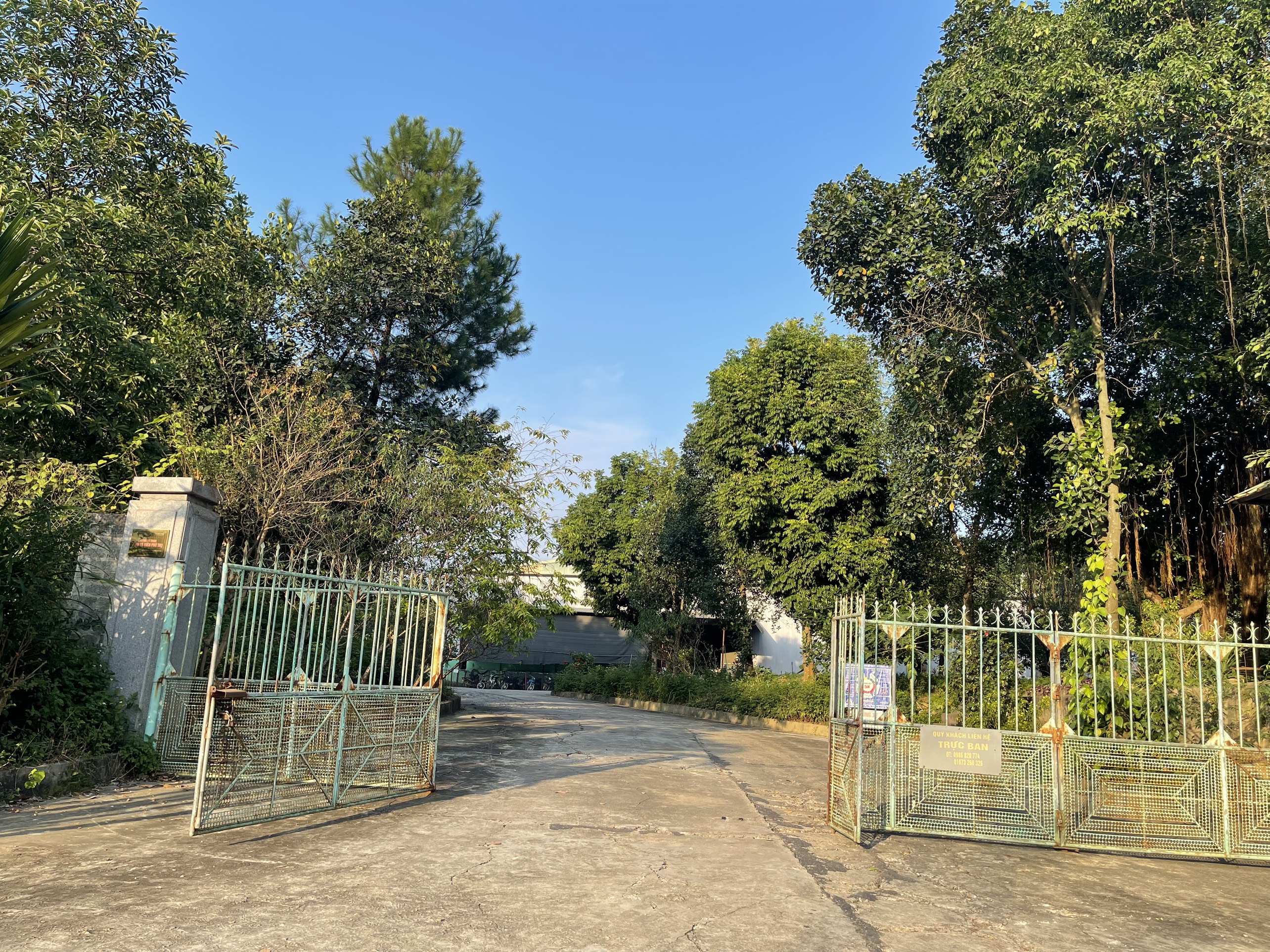Responsible Business Conduct
Distinguished Partners,
Founded in 1999, K&K Co. Ltd is a family medium sized processing and trading company dealing in export of teas and other commodities. Over the years, K&K Co. Ltd has earned a good reputation and trust in the
international tea market as a reliable supplier. From the beginning, we have recognized that you, our partners, are critical to our continued success. The way we run our business and how we treat others, customers, communities, suppliers will determine how people views us. Each of us is personally responsible for supporting our core values, which require compliance with the law as well as ethical conduct. We have issued the Responsible Business Conduct to concretize our longstanding dedication to uphold that responsibility and to provide guidance to our suppliers and partners. We commit to adopt, implement, widely disseminate and incorporate in contracts and agreements with business partners the following policy for responsible agricultural supply chains. We will encourage, where practicable, our business partners to apply this policy and, if they cause or contribute to adverse impacts, we will use our leverage to prevent or mitigate these impacts. This paper is devised in reference to OECD Guidance for Responsible Agricultural Supply Chain, and the Rainforest Alliance Standard – Requirements for Supply Chain Actors.
1. Cross-cutting Responsible Business Conduct standards
Compliance
We comply with applicable laws and relevant standards in relation to human rights, worker rights and
conditions, health and safety, environmental protection, deforestation, biodiversity, waste, and
wastewater management.
Impact assessment
We will continuously assess and address in decision-making the actual and potential impacts of our operations, processes, goods and services over their full life-cycle with a view to avoiding or, when
unavoidable, mitigating any adverse impacts. Impact assessments should involve a representative number of all relevant stakeholder groups.
Disclosure
We will disclose timely and accurate information related to foreseeable risk factors and our response to
particular environmental, social and human rights impacts to potentially affected communities, at all stages
of the investment cycle. We will also provide accurate, verifiable and clear information that is sufficient to
enable consumers to make informed decisions. The information includes traceability and accounting of
certified and conventional volumes of produce
Consultations
We will hold good-faith, effective and meaningful consultations with communities through their own
representative institutions before initiating any operations that may affect them and we will continue to hold
consultations with them during and at the end of operations. We will bear in mind the different risks that
may be faced by women and men.
We will hold effective and meaningful consultations with indigenous peoples through their own
representative institutions in order to obtain their free, prior and informed consent consistent with achieving
the ends of the United Nations Declaration of Rights of Indigenous People and with due regard for particular positions and understanding of Vietnam.
Benefit sharing
We will ensure that our operations contribute to sustainable and inclusive rural development, including, as
appropriate, through promoting fair and equitable sharing of monetary and non-monetary benefits with
affected communities on mutually agreed terms, in accordance with international treaties, where applicable
for parties to such treaties.
Grievance mechanisms
We will provide for legitimate, accessible, predictable, equitable and transparent operational-level grievance mechanisms. Such grievance mechanisms can enable remediation when our operations have caused or contributed to adverse impacts due to non-adherence to RBC standards.
Gender
We will help eliminate discrimination against women, enhance their meaningful participation in decisionmaking and leadership roles, ensure their professional development and advancement, and facilitate their equal access and control over natural resources, inputs, productive tools, advisory and financial services, training, markets and information.
2. Human rights
Within the framework of internationally recognised human rights, the international human rights obligations
of the countries in which we operate as well as relevant domestic laws and regulations, we will:
- Respect human rights, which means avoid infringing on the human rights of others and address
adverse human rights impacts with which we are involved.
- Within the context of our own activities, avoid causing or contributing to adverse human rights
impacts and address such impacts when they occur.
- Seek ways to prevent or mitigate adverse human rights impacts that are directly linked to our
operations, products or services by a business relationship, even if we did not contribute to
those impacts
- Carry out human rights due diligence as appropriate to the size, nature and context of our
operations and the severity of the risks of adverse human rights impacts.
- Provide for, or co-operate through legitimate processes in, the remediation of adverse impacts
on human rights when we identify that we have caused or contributed to these impacts
- Within the context of our own activities, ensure that all persons’ human rights are respected,
without distinction of any kind, such as race, colour, sex, language, religion, political or other opinion, national or social origin, property, birth or other status.
3. Labour rights
We will respect international core labour standards in our operations, namely the freedom of association and the right to collective bargaining, including for migrant workers, the elimination of all forms of forced or
compulsory labour, the effective abolition of child labour and the elimination of discrimination in respect of
employment and occupation
In our operations, we will also:
- Ensure occupational health and safety.
- Ensure decent wages, benefits and working conditions, that are at least adequate to satisfy the
basic needs of workers and their families, and strive to improve working conditions.
- Promote the security of employment and co-operate in government schemes to provide some
form of income protection to workers whose employment has been terminated
- Adopt approaches, measures, and processes to enhance women’s meaningful participation in
decision-making and leadership roles.
- We will contribute to the realisation of the right to work, by:
- striving to increase employment opportunities, both directly and indirectly
- ensuring that relevant training is provided for all levels of employees, to meet the needs of the
enterprise and the development policies of the host country, including by increasing the
productivity of the youth and/or their access to decent employment and entrepreneurship
opportunities
- ensuring maternity protection at work.
4. Health and safety
We will promote public health by:
- Adopting appropriate practices to prevent threats to human life, health, and welfare in our services, including by adhering to good practices in food safety
- Contributing to the protection of the health and safety of affected communities during the lifecycle
of our operations.
5. Environmental protection and sustainable use of natural resources
We will establish and maintain, in co-ordination with responsible government agencies and third parties as appropriate, an environmental and social management system appropriate to the nature and scale of our operations and commensurate with the level of potential environmental and social risks and impacts.
We will continuously improve our environmental performance by:
- Preventing, minimizing and remedying pollution and negative impacts on air, land, soil, water,
deforestation and biodiversity, and reducing greenhouse gas emissions
- Avoiding or reducing the generation of hazardous and non-hazardous waste, substituting or
reducing the use of toxic substances, and enhancing the productive use or ensuring a safe disposal of waste/wastewater.
- Ensuring the sustainable use of natural resources and increasing the efficiency of resource use
and energy
- Reducing food loss and waste and promoting recycling
Hanoi, May 19th, 2022
 Our Company
Our Company
 Our Factory
Our Factory
 Products
Products
 News about tea and companies
News about tea and companies
 Contact
Contact

